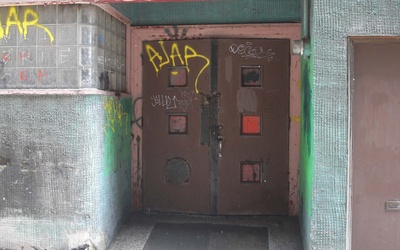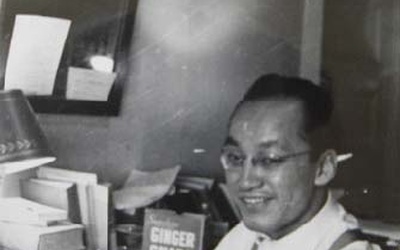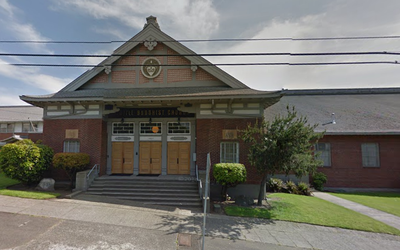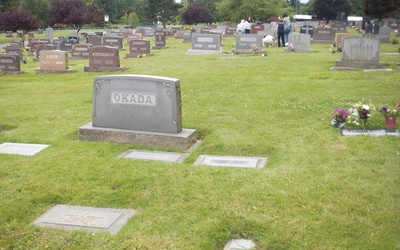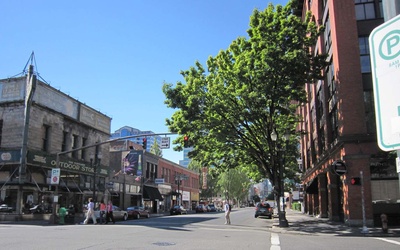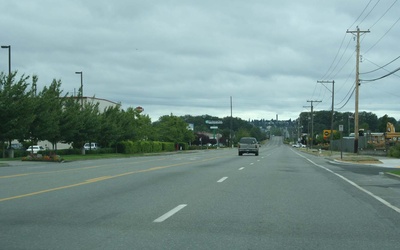Exploring the world of "No No Boy"
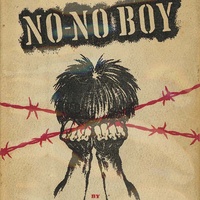
No-No Boy is a novel written by John Okada, a second-generation Japanese-American who lived in the United States during the Pacific War. He died in 1971 at the age of 47, and this is his only work. From the perspective of a Japanese-American who experienced the war, Okada explores a variety of themes, including identity, family, nation, race, and the individual. We will explore the world of this novel, which is still read today, and its appeal and significance.
Stories from this series
Episode 19: Chapter 11 (Final Chapter) – Is this a sign of hope?
Oct. 28, 2016 • Ryusuke Kawai
"No-No Boy" depicts Ichiro's life after the war ends and he returns to his hometown of Seattle, and his interactions with the people around him. The story revolves around Ichiro's inner monologue, and does not have a strong narrative quality. Nevertheless, the reader wonders what kind of way Ichiro will find to live in the midst of his suffering, and whether there is a way out of his suffering. In the final chapter, an incident occurs, but there is no …
Chapter 18: Okada's gaze directed at racism
Oct. 14, 2016 • Ryusuke Kawai
Japanese and Blacks in America Japanese people are a minority in American society and have been subject to racial prejudice since they first immigrated to the United States. In the same way, Chinese and other Asian Americans, Jews, Mexicans, and Native Americans have also faced discrimination and prejudice as minorities. Okada talks about these racial issues through Ichiro's eyes, and it is clear that he has mixed feelings about black people. In the first chapter, Ichiro returns to Seattle and …
Chapter 17: The 9th Chapter, the Funeral and a New Beginning
Sept. 23, 2016 • Ryusuke Kawai
Japan and Temples in Seattle Seattle, which has a long history of Japanese immigration, once had a Japanese town, and it had almost all the features of a Japanese community. In his "America Story," Kafu Nagai, who came to the United States in 1903 (Meiji 36), was surprised to find that the city of Seattle, his first port of call, was not at all different from Japanese cities. Among these were religions brought from Japan (such as Buddhism), and Japanese-style …
Episode 16 Chapter 8: Death of a Friend, Death of a Mother
Sept. 9, 2016 • Ryusuke Kawai
The novel "No-No Boy" reaches a major climax in the second half of the story. Ichiro's mother and his close friend Kenji pass away one after the other. These two deaths appear at the same time in the eighth chapter. How did the author, John Okada, portray these two deaths? Kenji lost a leg in the war, and the injury worsened, so he was hospitalized in a veterans hospital in Portland. Ichiro visited his friend and looked for a job …
Chapter 15, Chapter 7: Meeting with a Conscientious White Person
Aug. 26, 2016 • Ryusuke Kawai
Due to the circumstances of the war between Japan and the United States, Japanese Americans as a whole were persecuted in American society, but the underlying cause of this was racial prejudice, and throughout "No-No Boy" John Okada shows how to view this issue. Most of the stories are about the reality of discrimination from white society and the frustration it causes. However, Okada also introduces a character who is free from discrimination and prejudice, something like the "conscience of …
Episode 14, Chapter 6: Kenji's sadness as he senses his impending death
Aug. 12, 2016 • Ryusuke Kawai
Chapter 6, halfway through the story, is an impressive chapter in which author John Okada paints a beautiful yet sad picture of a kind-hearted Japanese-American family. Kenji, who lost a leg in the war and whose injury has worsened, leaves Seattle for a veterans hospital in Portland again. Kenji, who has a premonition that he will never come back, unlike before, says goodbye to his family. Issei's Father's Regrets My mother passed away quite some time ago, and my father …

